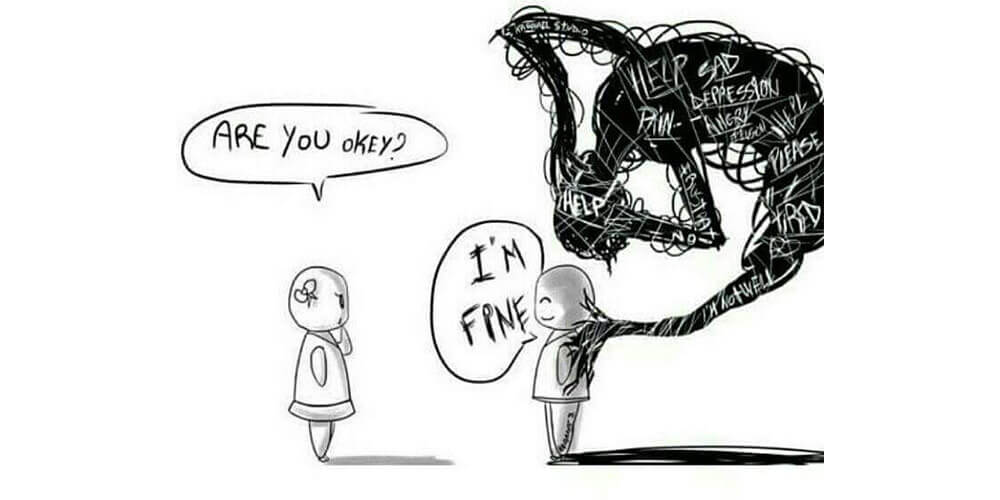
Tune in to our podcast covering depression, diagnosis, how to get help, and whether drugs or therapy work best.
Our episode today covers depression, which affects one in six Americans. 20% of women and 10% of men will have an episode during their lifetimes. An important question is whether this may grossly understate the case; whether, because of stigma, depression is vastly under-diagnosed.
How would you know if you are depressed? How can you assess if someone in your life has depression? How does depression differ from “the blues” – the sadness associated with loss, or fatigue, or medical disorders? Well, on the show this week, we have Steve Hollon, a professor of psychology and human development at Vanderbilt, to shed some light on this subject that people often tiptoe around.
Hollon’s primary interest lies in the etiology (causes) and treatment of depression in adults. His work extends from basic psychopathology to prevention and treatment. He is particularly interested in the relative contribution of cognitive and biological processes to depression, and how the relative efficacies of psychosocial versus pharmacological interventions compare (drugs or therapy to be blunt). Steve’s current interest is the prevention of depression, both with respect to its initial onset and subsequent recurrence following successful treatment.
We’ve lost some notable names recently, Robin Williams, Anthony Bourdain, Kate Spade, but that is merely the tip of the iceberg – tens of millions suffer without making the nightly news. Join this eye-opening conversation on depression, its diagnosis, treatments, and what you can do to help yourself and those around you.
What You’ll Learn from this Episode:
- How can you distinguish depression from fatigue, sadness, and the “normal” range of human experience?
- When is a clinical designation is helpful for depression?
- What mistakes do family doctors, non-specialists, make?
- What is the role (positive and negative) of pharmaceutical companies?
- How can you know if you should talk to a specialist?
- Why depression is both under and over-diagnosed?
- What role the placebo effect plays in treatment for depression?
- Why American doctors are more prone to prescribing medication and why that is not solving the problem?
I’m raffling off books every week for people who leave the podcast a review on iTunes. Let me know the title of your review to be entered to win by emailing me at paul@paulgibbons.net
 Featured on the Show:
Featured on the Show:
If you would love to support the show in another way, please check out my Patreon site.
- The Family that Built an Empire of Pain: The Sackler family fortunes, according to this article, built upon the suffering of millions
- Are You Suffering from Depression: Take this one-minute online test honestly!
- The Atlantic article on depression and its history
- Cognitive Therapy vs. Medications for Treatment of Depression
- Talking Sensibly about Depression
- Professor Steve Hollon at Vanderbilt
- Mind Over Mood by Dennis Greenberger & Christine Padesky
- Feeling Good by David Burns
- The Compassionate Mind by Paul Gilbert
- Goliath – T.V show
- Ozark
- The Mind-Gut Connection by Emeran Mayer
Enjoy The Show?
- Don’t miss an episode, subscribe via iTunes, Stitcher or RSS.
- Leave us a review on iTunes.
- Join the conversation by leaving a comment below!


